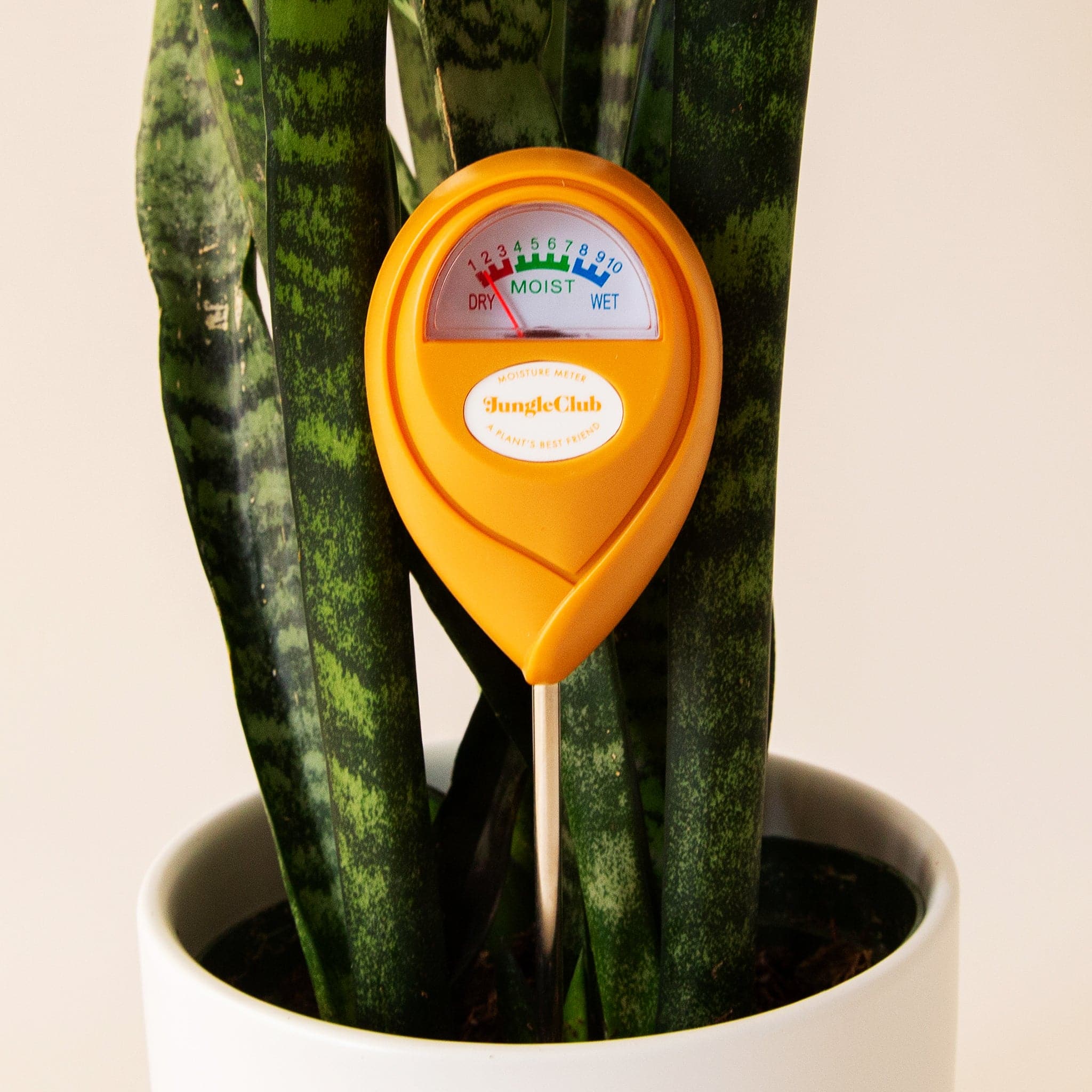Recognizing the Different Sorts Of Moisture Meters and Their Applications
Recognizing the Different Sorts Of Moisture Meters and Their Applications
Blog Article
The Ultimate Overview to Moisture Meters: A Comprehensive Review and Just How They Can Save You Cash
In the realm of building maintenance, construction, and numerous markets, the importance of properly gauging moisture levels can not be overstated. Dampness meters serve as essential tools in detecting and keeping an eye on moisture web content in products, aiding in avoiding expensive problems and making certain the top quality of items. Recognizing the nuances of different sorts of wetness meters, their applications, and the prospective cost-saving advantages they supply can be a game-changer for services and specialists alike. Discovering how these devices can not only simplify processes yet likewise add to monetary savings is a journey worth starting.
Kinds Of Moisture Meters
Various kinds of moisture meters are readily available for different applications in various industries. One common type is the pin-type wetness meter, which gauges the electrical resistance between 2 pins inserted into a material. This type is appropriate for wood, drywall, and various other building products. Pinless moisture meters, on the other hand, usage electro-magnetic sensor plates to check a larger location without triggering damage to the material's surface area. These meters are excellent for swiftly examining dampness levels in big areas such as floorings and walls.
Additionally, there are also specialty dampness meters made for details materials like soil, grain, or hay. These meters give exact moisture readings customized to the special residential properties of the material being checked. Infrared dampness meters determine the thermal homes of a product to establish its wetness material non-invasively, making them beneficial for applications where pin or pinless meters may not be appropriate. Comprehending the different types of moisture meters readily available can help sectors select the most proper device for their certain moisture measurement requirements.

Benefits of Using Moisture Meters

Moreover, making use of dampness meters can result in enhanced energy effectiveness. By recognizing locations with high wetness degrees, such as leakages or bad insulation, adjustments can be made to improve energy conservation and decrease utility prices. In agricultural settings, wetness meters play a vital duty in enhancing plant returns by enabling farmers to check soil wetness degrees and make notified watering decisions. Generally, the advantages of utilizing dampness meters span across numerous sectors, providing cost-efficient services and advertising better high quality control practices.
Just How to Choose the Right Moisture Meter
Choosing the appropriate dampness meter entails considering key aspects such as product compatibility, dimension range, and calibration accuracy. When picking a wetness meter, it's necessary to make sure that the meter appropriates for the details product you will certainly be screening. Different products have differing electrical residential properties that can impact dampness readings, so picking a meter made for your product is critical for accurate outcomes. Furthermore, think about the measurement array of the dampness meter. Guarantee that the meter can identify wetness degrees within the array required for your applications. Calibration precision is an additional critical aspect to maintain in mind (Moisture Meter). Select a dampness meter with trusted calibration to make certain accurate and constant readings. Some meters may need regular calibration adjustments, so recognizing the calibration process is necessary. By meticulously reviewing these factors, you can choose a wetness meter that meets your demands and offers precise dampness measurements for your tasks.
Appropriate Strategies for Moisture Meter Use
To guarantee precise dampness analyses and take full advantage of the effectiveness of a wetness meter, using appropriate strategies is essential. When utilizing a pin-type dampness meter, put the pins or probes right into the material being examined up until they make complete get in touch read the article with. By complying with these proper techniques, individuals can count on their wetness meter to supply credible moisture degrees, assisting in preventing costly damages or ensuring quality in numerous applications.

Expense Financial Savings Via Moisture Meter Applications
How can the strategic usage of wetness meters lead to substantial price financial savings across different markets? In the agriculture industry, moisture meters help in figuring out the optimum time for harvesting plants, protecting against excess or over-drying wetness that can impact the last product's high quality.

In addition, in the food processing market, moisture meters are essential for checking item quality and making certain conformity with safety and security guidelines. By properly determining wetness web content in foodstuff, makers can avoid spoilage, maintain freshness, and reduce waste, causing significant price savings. Generally, the strategic application of dampness meters is an important financial investment that can result in considerable expense reductions and enhanced performance throughout various industries.
Conclusion
In final thought, dampness meters are important tools for identifying and gauging moisture levels in numerous materials. By making use of the right wetness meter and complying with appropriate techniques, individuals can efficiently prevent pricey damages triggered by excess wetness. Purchasing a quality moisture meter can bring about considerable expense financial savings in the long run by recognizing prospective issues at an early stage and making it possible for punctual removal. Ultimately, dampness meters are important instruments for maintaining the honesty and longevity of products and frameworks.
Moisture meters serve as indispensable devices in detecting and checking moisture content in products, helping in avoiding costly problems and guaranteeing the quality of products. Infrared moisture meters measure the thermal residential visit this website or commercial properties of a material to identify its dampness content non-invasively, making them useful for applications where pin or pinless meters may not be appropriate.Dampness meters use invaluable benefits in precisely evaluating and keeping an eye on wetness degrees in varied materials and atmospheres. In agricultural settings, dampness meters play an important role in optimizing plant returns by enabling farmers to monitor dirt dampness levels and make informed irrigation choices.In conclusion, dampness meters are important devices for determining and detecting moisture degrees in various products.
Report this page